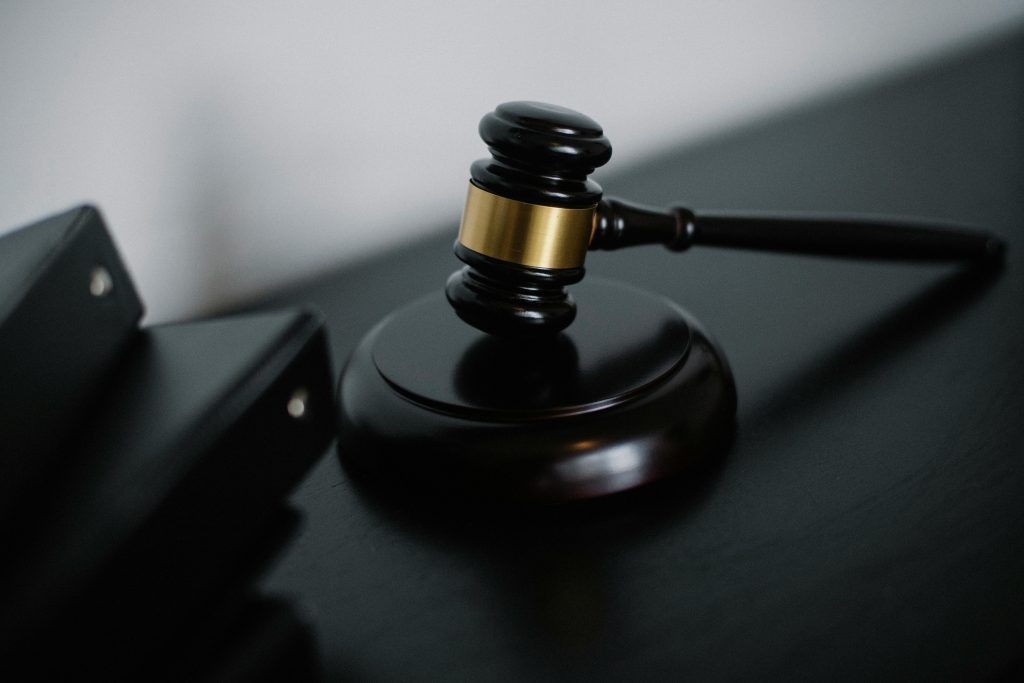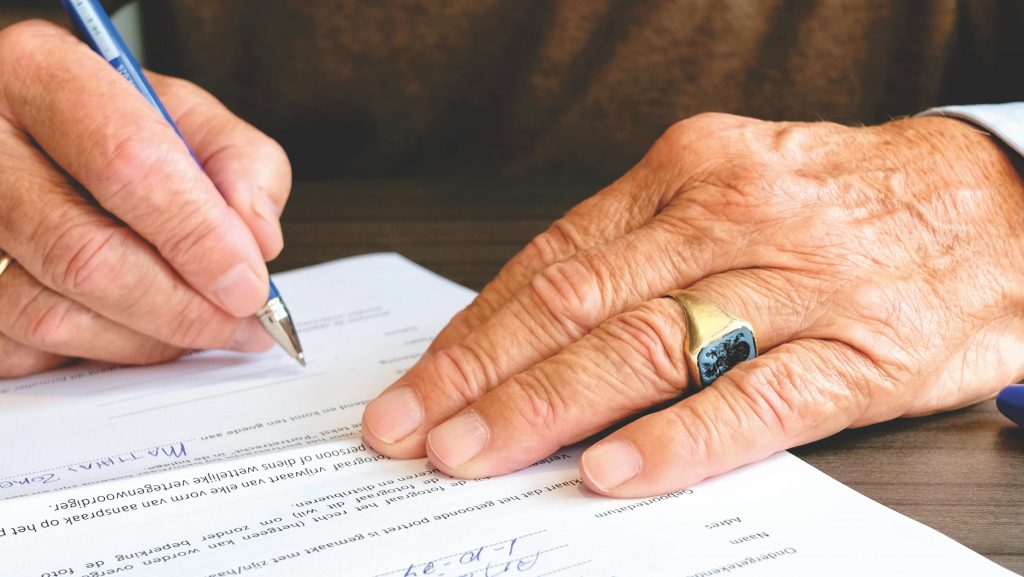A subpoena is a vital legal tool utilized in the judicial system to compel the production of evidence, whether through testimony or documentation, necessary for the resolution of legal cases. Understanding the different types of subpoenas, the process of their issuance, and the steps involved in complying with them is essential for anyone engaged in or affected by legal proceedings. This article explores the definition of a subpoena, its various forms, the procedures for issuing one, and the role of a legal process server.
Types of Subpoenas
There are two primary types of subpoenas: subpoena ad testificandum and subpoena duces tecum.
Subpoena Ad Testificandum
A subpoena ad testificandum requires an individual to appear in court, a grand jury, or other legal proceedings to provide oral testimony. This type of subpoena ensures that a witness, who possesses crucial information related to the case, presents their knowledge or observations directly to the court. Compliance with this subpoena is mandatory, and failure to appear can result in penalties, including fines or imprisonment.
Subpoena Duces Tecum
A subpoena duces tecum mandates an individual or entity to produce specific documents, records, or other tangible evidence relevant to a case. This subpoena is particularly important for obtaining physical evidence that can substantiate or contradict claims made during litigation. Examples of documents that may be requested include emails, contracts, financial records, and medical reports. Like the subpoena ad testificandum, failure to comply with a subpoena duces tecum can lead to legal consequences.

Issuance of Subpoenas
In the United States, subpoenas can be issued by judges, attorneys, or government agencies. The process of issuing a subpoena generally involves drafting the document, specifying the evidence required, and identifying the recipient. The issuance process can vary depending on the jurisdiction and the type of case.
Judges and Courts
Judges often issue subpoenas during the course of legal proceedings to ensure that all necessary evidence is presented in court. Judicial subpoenas carry significant weight and are typically difficult to challenge.
Attorneys
Attorneys representing parties in a legal dispute can also issue subpoenas. For instance, if an attorney believes that certain documents or witness testimonies are essential for their client’s case, they can draft and issue a subpoena to obtain that evidence.
Government Agencies
Certain government agencies, such as the Internal Revenue Service (IRS) or the Securities and Exchange Commission (SEC), have the authority to issue subpoenas as part of their regulatory and investigative functions. These subpoenas are used to gather evidence related to potential violations of laws and regulations.
Serving a Subpoena
Once a subpoena is issued, it must be properly served to the recipient. This is where the role of a legal process server becomes crucial. A legal process server is an individual who delivers legal documents, including subpoenas, to the parties involved in a legal proceeding. The process server ensures that the documents are delivered in accordance with legal requirements, which often include personal delivery, mail, or other approved methods.
The legal process server plays a critical role in the legal system by ensuring that individuals and entities receive timely and proper notification of legal actions, enabling them to respond appropriately. Proper service of a subpoena is essential for its enforceability, and any defects in the service process can render the subpoena invalid.
Compliance and Challenges
Recipients of subpoenas are legally obligated to comply with the demands specified in the document. For a subpoena ad testificandum, this means appearing in court to testify. For a subpoena duces tecum, it involves producing the requested documents or evidence.
However, there are instances where a recipient may challenge a subpoena. Common grounds for challenging a subpoena include claims of undue burden, relevance, privilege, or confidentiality. For example, a company may argue that producing certain documents would be excessively burdensome or that the information sought is protected by attorney-client privilege.
If a subpoena is challenged, the court will review the arguments and make a determination. If the challenge is upheld, the subpoena may be quashed or modified. If the challenge is denied, the recipient must comply or face potential legal penalties.
Conclusion
A subpoena is a powerful legal instrument used to compel the production of testimony or documents necessary for legal proceedings. Understanding the types of subpoenas, their issuance, and the role of the legal process server is crucial for anyone involved in the legal system. Compliance with subpoenas is mandatory, and failure to do so can result in significant legal consequences. By ensuring that all relevant evidence is available, subpoenas play a critical role in the pursuit of justice.



